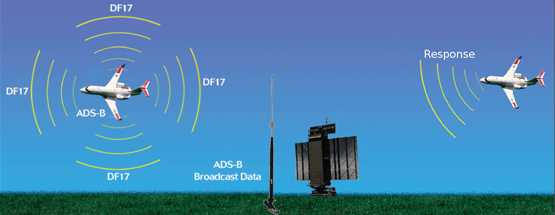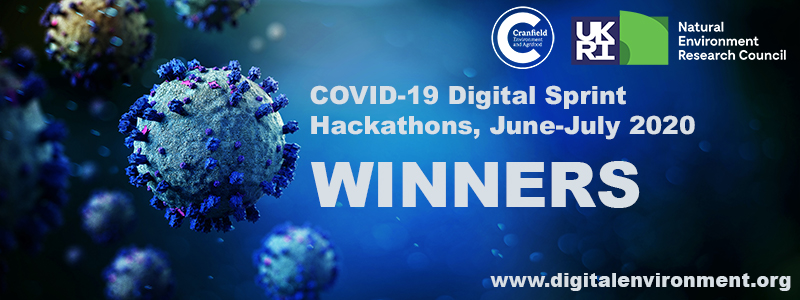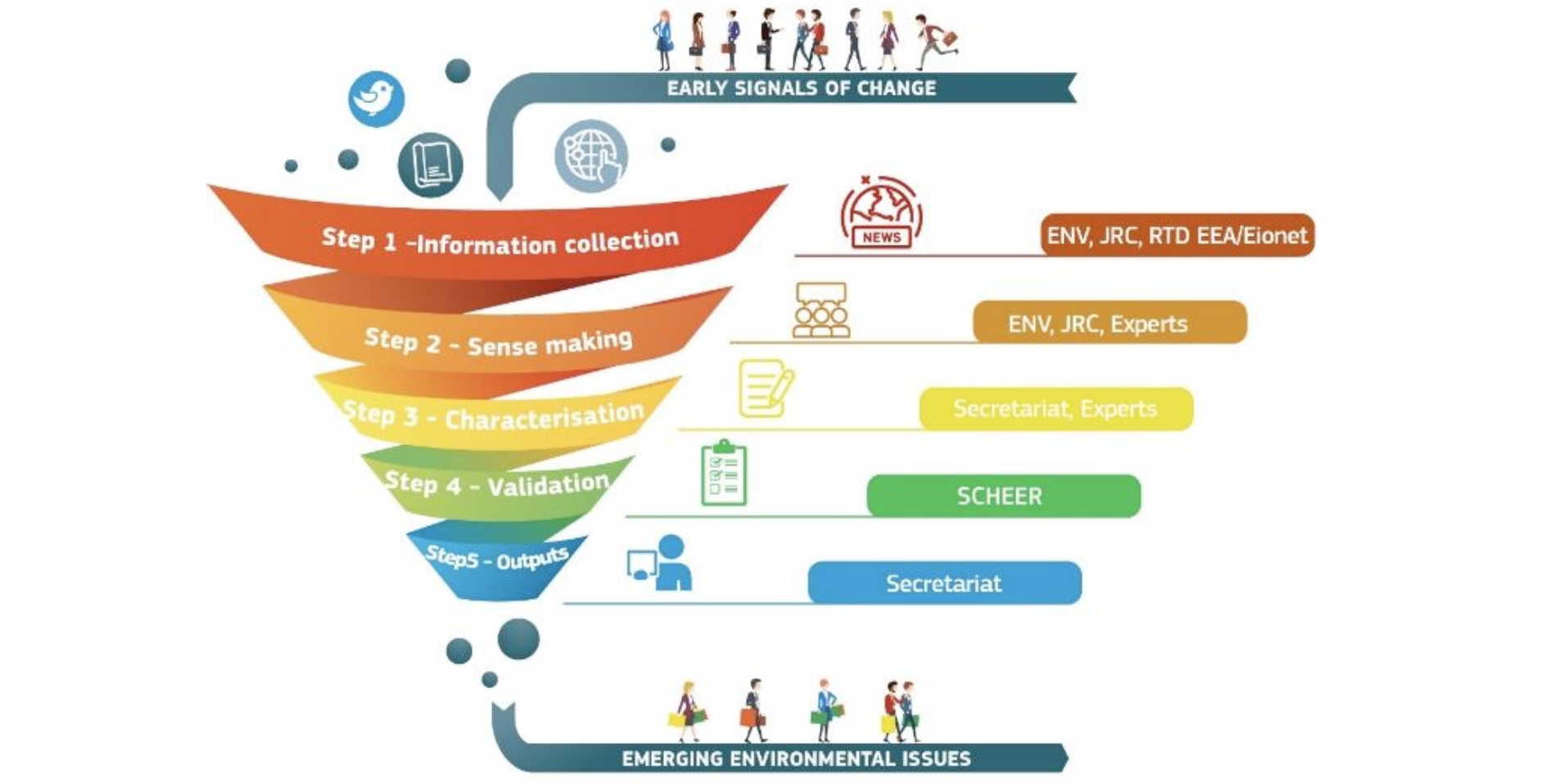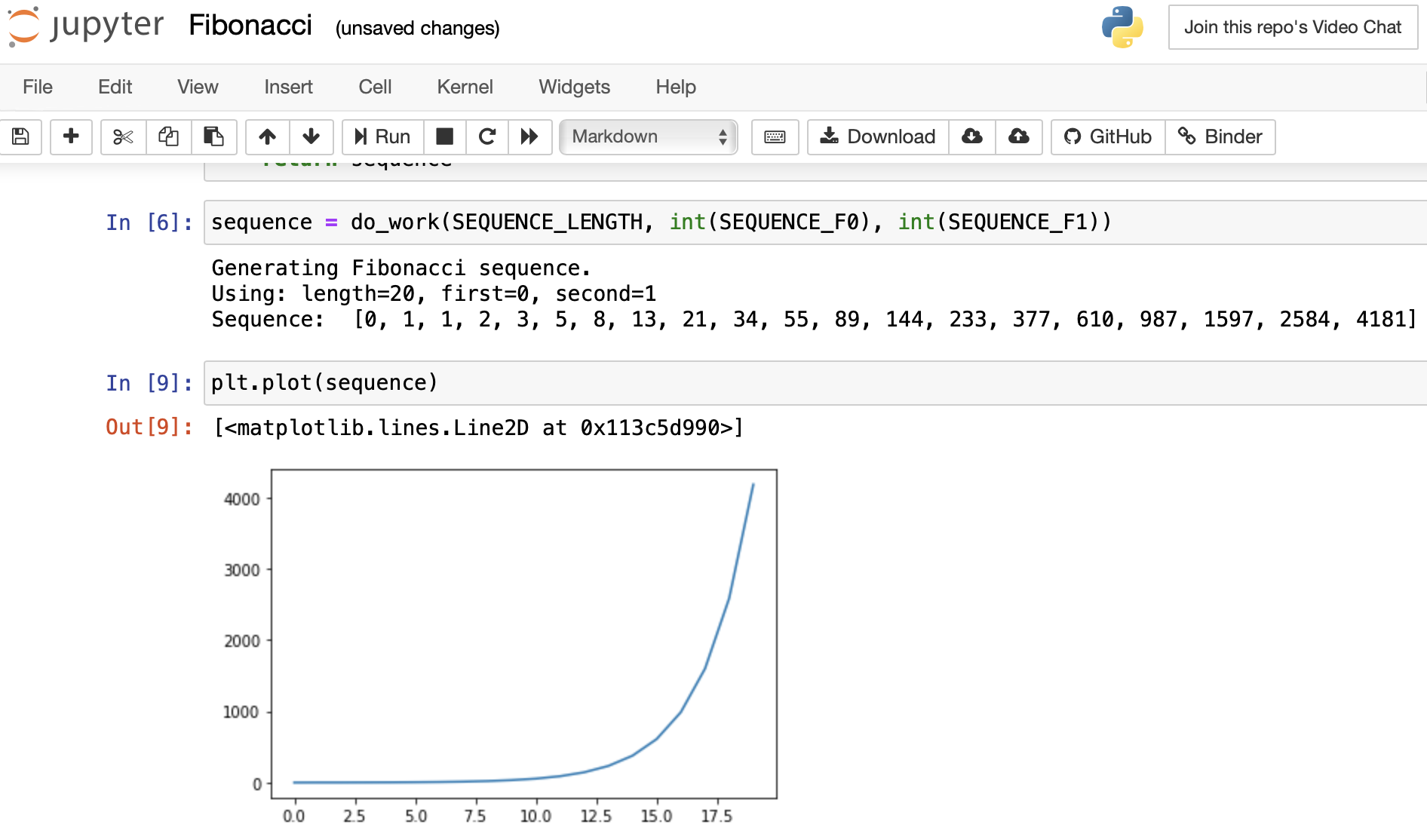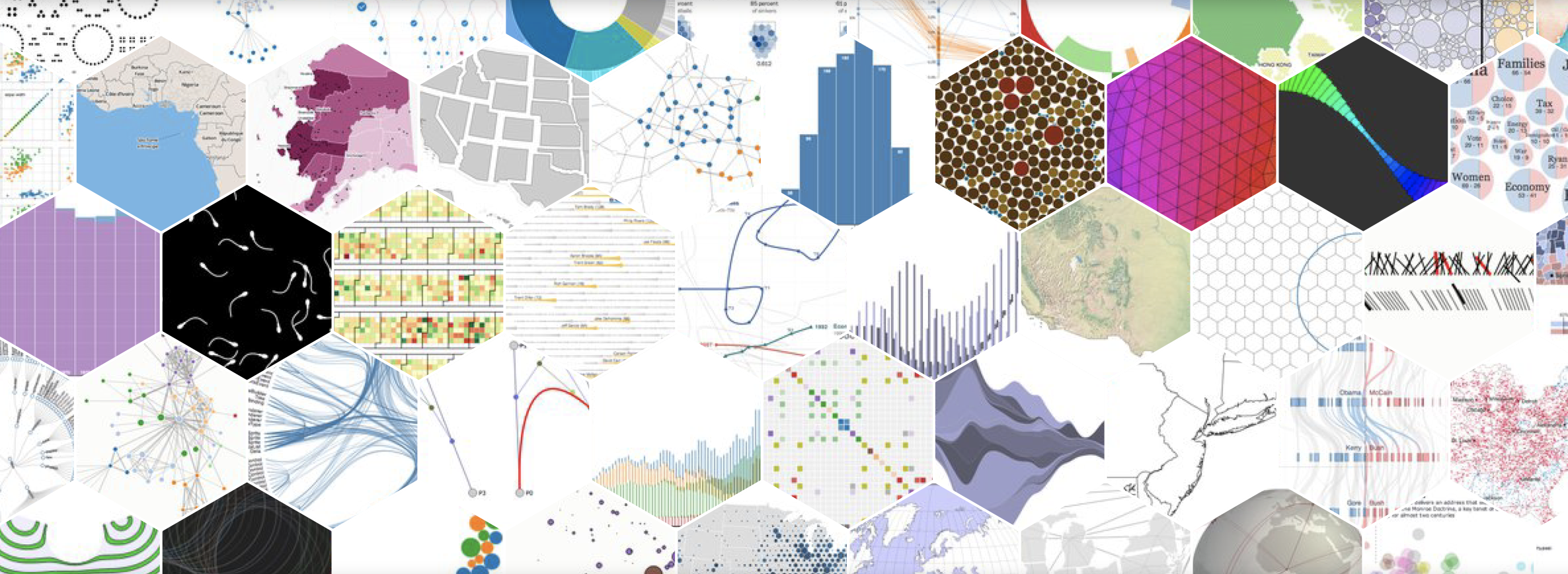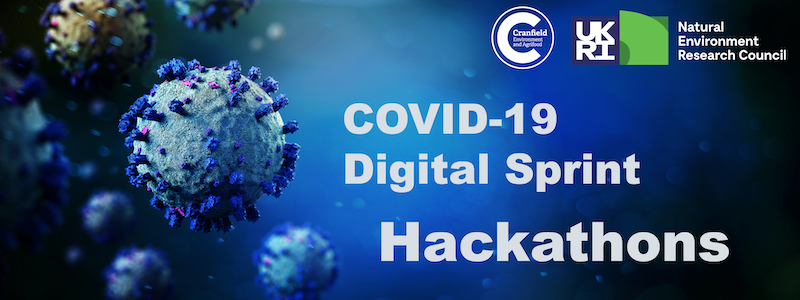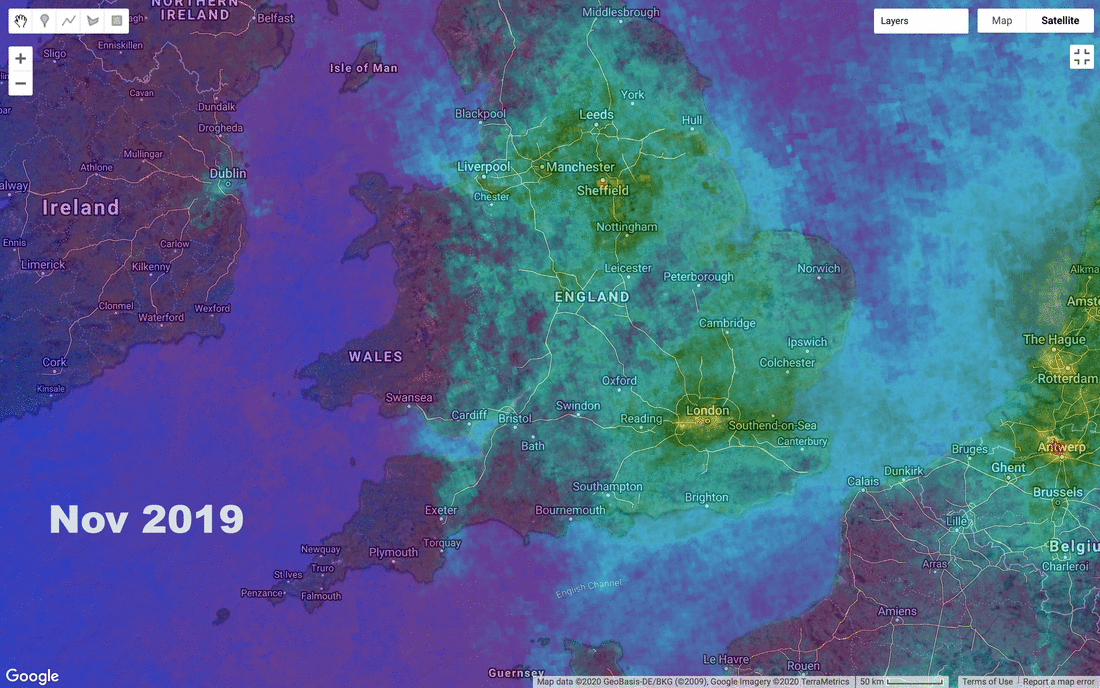Assimilation of new low-cost wind observations from aircraft
New low-cost wind observations from aircraft are now being assimilated in the Met Office’s high-resolution UK model. In situ upper air observations of the atmosphere have been of interest to meteorologists since the first thermometers were flown on kites in the mid-1700s. Kites were still used for routine observations into the early 1900s. The advent […]
